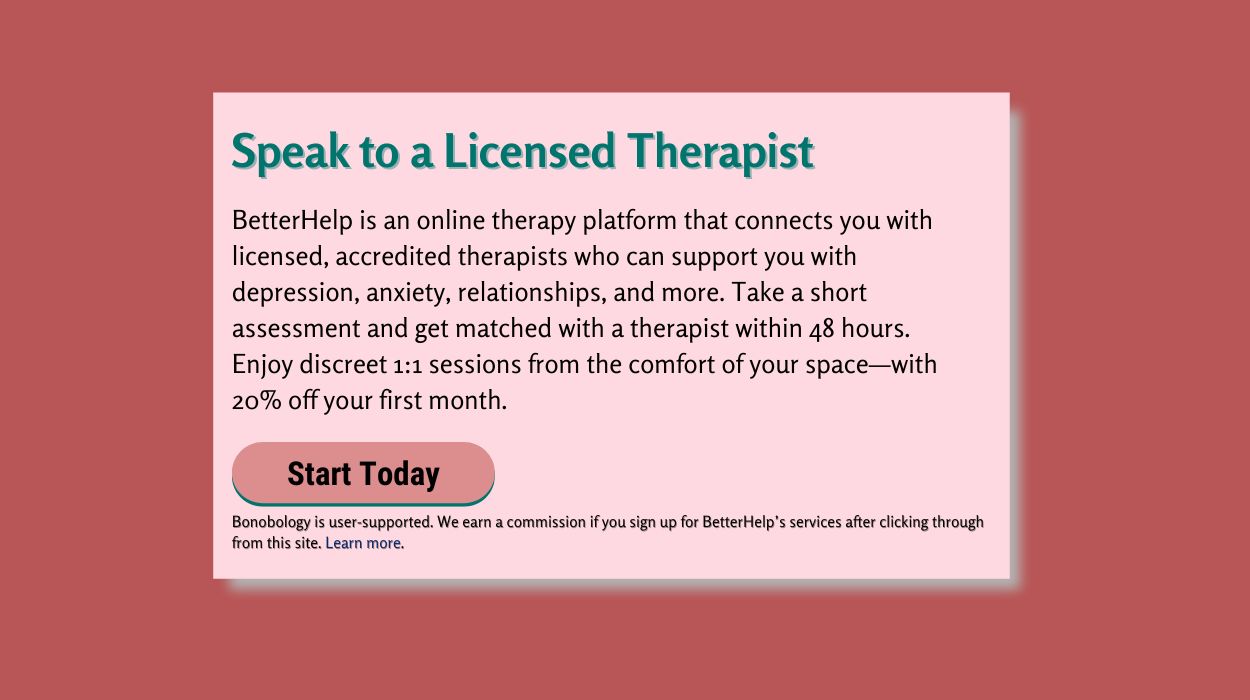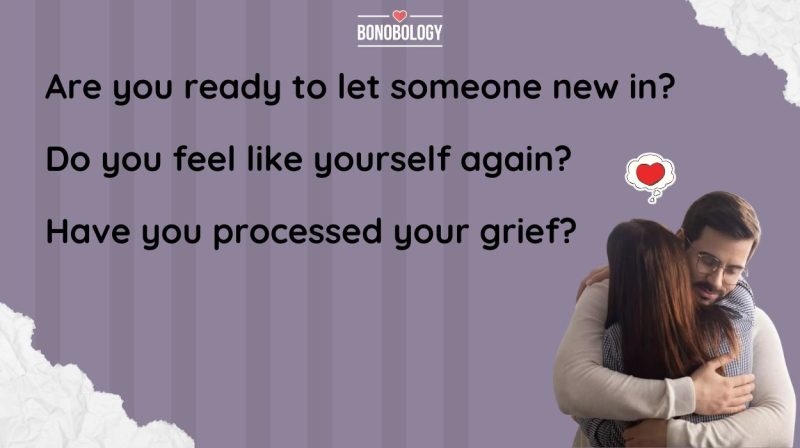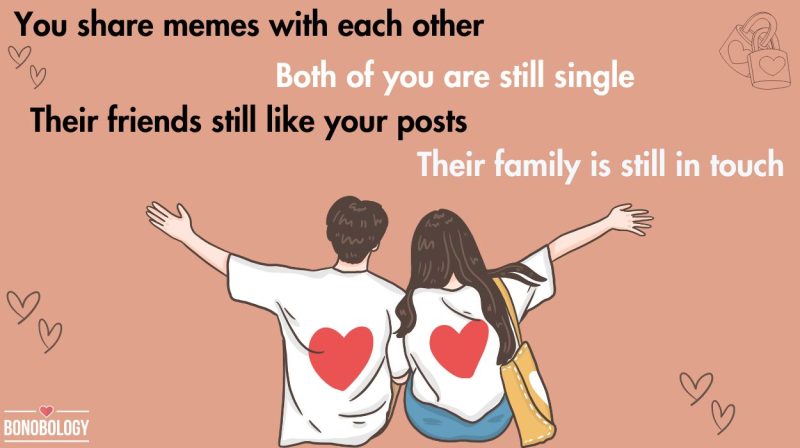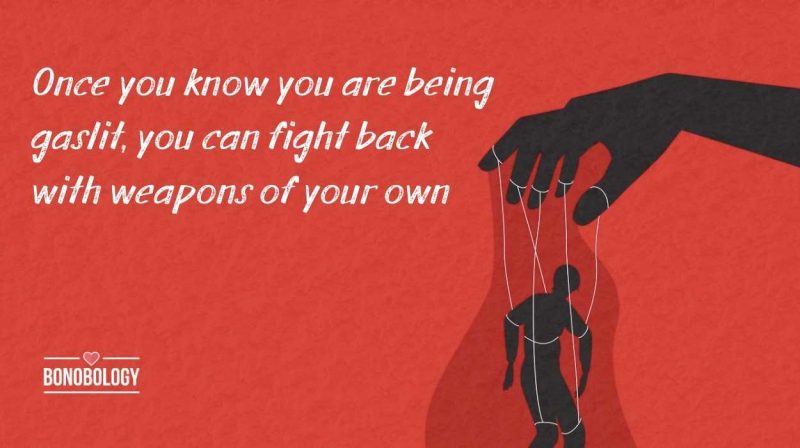The 3-day rule after an argument can be life-changing for couples. Imagine you and your partner had a fight. It could be about anything – the new TV, where you’re spending your Christmas holidays, sneaky use of the phone, kids, or money. Tell me honestly, is it always smooth sailing after an argument is resolved? If not, you’re not the only one in this boat. Most couples have serious quarrels which can lead to further tension. Not hugs, not kisses, not reconciliation. Sometimes, these arguments may also lead to a breakup or divorce in the (very) long run.
But is there a different way to handle arguments in a relationship? One where things go smoothly after a dispute? Fortunately, yes. It’s called the 72-hour rule after an argument. According to this rule, when a conversation gets too overwhelming or destructive, you should give your partner space for at least 3 days to smooth things over. If you want to know more or have any questions in mind, read on. With the help of Dr. Shefali Batra, a renowned psychiatrist and relationship coach, this article covers everything about the three-day rule.
What Is The 3-Day Rule After An Argument?
Table of Contents
This is a rule that says couples should give each other space for at least 3 days after a relationship argument. It can work wonders when you need time to calm down or to wait before apologizing to your wife or husband. If you start speaking just after a big fight, things might get heated again. The same argument, the same disappointment. Instead, this rule helps you take a break before you talk it out. At the same time, the break period is not so long that it worsens the fight or makes you forget what the argument was about in the first place.
Dr. Batra tells us, “I’d seen a lot of my clients wonder what to do after an argument. Then they used this rule because they heard that it works. The psychology behind the three-day rule is a time-out. It is based on the premise that during a heated argument, it is difficult to have a logical conversation or meaningful communication. In this rule, an arguing couple stays away from each other. They do not communicate. During this period, they are able to find better ways to solve their problems.”
Related Reading: 7 Strategies To Stop Fighting In A Relationship
How To Use The 3-Day Rule After An Argument
So here’s a recap on how it works: If an argument gets too heated, wait for 72 hours. It helps you take a break from your partner to cool off, make a mindful decision, and avoid acting in the heat of the moment. In this way, you refrain from saying hurtful things in a relationship. But first, you have to know how to use this rule effectively. Here are 8 ways to apply the 3-day relationship break after a fight with your partner:
1. Understand the purpose of the rule
Do you and your partner understand the purpose of the 3-day rule? Because that will help you trust the process as a couple. You’ll gain a new perspective and be clear about the reason you’re waiting to communicate after an argument. In this context, Dr. Batra says, “A lot of people start thinking that the three-day rule is just a break. They go out with friends, calm their minds, and come back to their partners. Most of them are in a better mood, and the issue is forgotten. That’s a bad idea. That’s not the right way to use this rule.”
2. Agree on the rule together
The 3-day rule is based on effective and meaningful communication. Therefore, when you use this rule after a huge fight, it cannot be an impulsive decision. You cannot stop talking to your partner for a few hours out of the blue. It will only make them feel guilty, mad, or afraid. That’s insensitive. You need to ensure that both of you agree it’s time to take a break. So follow these tips:
- Discuss the benefits of this wait period with your boyfriend or girlfriend
- Figure out what works best for you as a couple
- Before you both agree on this rule, set realistic and clear expectations for what will happen after the three days when you revisit the problem
3. Give each other space
Are you a couple that fights a lot? Are you and your boyfriend/girlfriend always arguing with each other? Chances are that, in such a situation, you’ll not be able to solve your issues as you’re busy fighting about your previous fights. For example, it starts with a missing sock and ends with cheating accusations. When a fight escalates in such a way, this rule can give someone space after an argument.
Space after a fight is really important. While following this rule, try not to text, call, or meet the person you’re dating. If you live with your partner, you cannot ignore them completely. Tell them you want a break and reduce the interaction considerably. Give each other space – some real space this time – and reflect on the argument.%
4. Treat your partner with empathy
When you give yourself time to cool off for a few hours, try to think about your partner’s perspective as well. In this way, you will be more empathetic in a relationship. You’ll also be able to figure out what to say to your girlfriend/boyfriend after an argument. You’ll understand why you feel guilty, mad, or afraid. Discuss what you can do to help each other during this period. If your partner/spouse needs something that is hard for you to provide, let them know beforehand.
5. Process the fight and reflect on it
Use the three days to think about the matter and underlying issues. Whether it was a decade-old argument or a silly fight, it might have affected you badly. So give yourself some time to process your emotions. Reflect on your thoughts and feelings during the 72-hour wait period. You may ask yourself the following questions:
- Why did I respond the way I did?
- What triggered my feelings?
- Where is my irritation coming from?
- What will bring me a sense of comfort right now?
- What impact does this fight have on the future of our marriage or relationship?
- What are the underlying issues in our marriage or relationship, and how can I address them constructively with my boyfriend/partner?
Dr. Batra says, “The right way to use a three-day rule is to do all the things that you like and calm your mind. But you also have to think about the conflict that you had with your partner. If you’re not going to think about it, you’re pushing the matter under the carpet. It’s not going to be resolved. It’s just going to come up the next time you argue. So use that time to think things over.”
“Think about how your partner must’ve felt. About how positively or negatively you communicated. About whether you were trying to vent your anger or trying to solve the problem. When you’re away from your partner, and you are less triggered, you will be able to reach better solutions.”
Related Reading: 55 Hobbies For Couples To Feel Closer And Strengthen Their Bond
6. Seek professional help
This rule can give someone space after an argument, but your situation may need something more than that. During this break, you may have a lot of unexpected realizations. For instance, after a fight with your boyfriend, you may start looking at the patterns of your arguments. Thinking about how he acts after a fight, you may realize your boyfriend has anger management issues in relationships. In such a case, talking to a family therapist can heal the wounds in your love life. If you want some professional help and guidance, do not delay it.

7. Try some self-care activities
Think about the iconic fight scene between Adam Driver and Scarlett Johansson in Marriage Story. Do you remember how drained their characters seemed, both emotionally and physically? Fighting in relationships can affect you deeply. This is because an argument with your partner can lead to the following:
- Raise your blood pressure
- Make you feel exhausted
- Trigger a rush of stress hormones
- Leave you feeling lonely, abandoned, misunderstood, or wronged
Now you know why it’s important to work on your well-being and alone time after such an overwhelming experience. Here are a few self-care tips that you can follow:
- If you don’t go to the gym or spend hours working out, try mild exercises at home or go for a long walk to reduce your stress
- Eat a healthy balanced meal and drink enough water to feel hydrated and energetic
- Meditate for at least fifteen minutes in a day
- Write down your thoughts and feelings to gain clarity after a heated argument.
- You can write a letter to your boyfriend/girlfriend (you need not share it if you don’t wish to) or start mindful journaling
- Spend time with your family and friends so that you feel loved and supported. You can also share your emotions and discuss the problem with them for a fresh perspective
8. Plan how to revisit the problem
“If used correctly, the three-day rule can work very well. So take some time, calm your mind, and understand your partner’s point of view in a peaceful state. Then try to come back to your partner and communicate maturely. This will strengthen your bond in the future,” suggests Dr. Batra. So how do you stay mature post-conflict? The trick is to plan it with your girlfriend or boyfriend beforehand. When you and your partner are ready to have the conversation after the break, remember the following:
- Choose a good time and place to talk it out. Do not plan to have the discussion when you’re tired, distracted, or sleepy. Select a quiet place. Make sure the location is comfortable and gives you enough privacy
- Think about what you want to say and how you want to say it
- Make it a top priority to listen to your partner’s perspective with attention and respect. Instead of dismissing their feelings, allow them to explain their side of the story as well
- Remember that instead of deciding who is right and who is wrong, the aim of this discussion is to provide a long-term solution and strengthen your bond
When Should You Not Use The 3-Day Rule?
This rule is not suitable for every tiff in your love life. Not everyone benefits from using it. There are some instances when no contact after an argument can only worsen the situation. Here are a few cases when you may want to avoid no-contact after an argument:
1. Don’t use this rule in an abusive relationship
If you are in a physically or emotionally abusive relationship, taking a break from communication or making the first move may be dangerous. Your abusive partner may interpret this as silent treatment and cause you harm. Therefore, instead of taking this approach, seek help as soon as possible.
2. Time-sensitive issues don’t go well with a 3-day break
Imagine you are fighting with your partner on an issue that is time-sensitive. It may require immediate attention and quick decisions. Even if you both are not on the same page, take the most sensible step ahead with each other’s support. Instead of focusing only on your own feelings, look at the bigger picture.
3. Don’t use this rule just to avoid conflict
Not everyone understands the true purpose of this rule. Many couples take a break if the argument gets too heated, just to avoid conflict. They focus on their other commitments. This only makes the problems pile up and make your marriage/relationship all the more suffocating. Instead, dig deeper and address the elephant in the room. Spending time with your partner and having a heart-to-heart conversation can work like magic.
Related Reading: 7 Expert Tips To Resolve Conflict In A Marriage
4. If both partners are not willing to participate, the rule will become ineffective
Maybe you’re thinking, “I want to change how he acts after a fight. We haven’t talked in a week!” You want to try this rule to make him value you after a fight. However, your partner is unwilling to do so. What do you do? What to do after an argument then?
This no-contact rule of a few days is based on a mutual decision in a marriage/relationship. You cannot give space after a fight and wait for 72 hours if your partner does not like this solution in the first place. If both of you are not on the same page about trying this rule, take some time and discuss it together.

Pros And Cons Of Using The 3-Day Rule
This rule is supposed to smooth things over after a big fight with your loved one. However, it comes with its own set of pros and cons. If you want to make mindful choices with the help of this rule, you need to understand these pros and cons. Here are the benefits of the 72-hour rule:
- It gives you time to calm down, reflect on the argument, and plan how to approach your partner
- It gives your partner time to figure things out after a quarrel
- It allows you to give space to each other as a couple
- It gives you time to miss each other and reaffirms your love
- Instead of letting an argument get bitter and end your marriage or relationship, this rule helps to smooth things over after an ugly fight
- It gives you a chance to apologize properly and make amends during conflict resolution
Now, what are the cons? What are the negative sides of dealing with relationship problems with the help of this rule? Dr. Batra gives us a list:
- Some people use the three-day rule as a quick escape from fights
- You may keep overthinking about the problem and this can enhance the distance between couples
- It can turn into a silent treatment and cause hurt feelings
- Some people have affairs during the three-day time-out because they are upset with their partner. This is not a positive way to use the rule
Key Pointers
- According to the 3-day rule, when a conversation gets too overwhelming or destructive, you should give your partner space for at least 3 days to smooth things over
- While following this rule, reflect on the fight, try to see your partner’s perspective, take this time to calm down, and indulge in some self-care activities
- Avoid using this rule of you’re in an abusive situation, dealing with a time-sensitive issue, or trying to find a quick escape from conflict
If you don’t want to do anything rash after a fight, this 72-hour rule can help in conflict resolution. In fact, it can create a healthy relationship with excellent boundaries and communication. However, there may be situations in your love life when you’ll need a better intervention. In such a case, speaking to a family therapist or relationship coach can help you and your partner in your healing journey.
25 Fun Long-Distance Relationship Games For Couples To Grow Closer
Your contribution does not constitute a charitable donation. It will allow Bonobology to continue bringing you new and up-to-date information in our pursuit of helping anyone in the world to learn how to do anything.























Featured
Am I Moving On Too Quickly After Death Of Spouse—How To Decide
15 Signs You’ll Get Back Together With Your Ex
How To Get Over Trust Issues — A Therapist Shares 9 Tips
Learn How To Forgive Yourself For Hurting Someone You Love
How To Find Peace After Being Cheated On — 9 Tips From A Therapist
How To Forgive A Cheating Husband: 15 Helpful Tips
35 Disturbing Signs Of Gaslighting In A Relationship
What Is Narcissistic Ghosting And How To Respond To It
‘My Husband Starts Fights And Then Blames Me’: Ways To Cope
How To Rebuild Your Life After The Death Of A Spouse: 11 Expert-Backed Tips
My Husband Died And I Want Him Back: Coping With Grief
“Am I Unlovable” – 9 Reasons You Feel This Way
11 Signs Your Girlfriend Was Sexually Abused In The Past And How To Help Her
Coping With Breakups: The Must-Have Breakup Apps For Your Phone
15 Signs You Are Wasting Your Time Trying To Get Your Ex Back
Why Are You Obsessed With Someone You Barely Know — 10 Possible Reasons
33 Phrases To Shut Down Gaslighting And Silence Gaslighters
The Emotion Wheel: What It Is And How To Use It To Build Better Relationships
The Role Of Supportive Relationships In Addiction Recovery
7 Signs You Have A Verbally Abusive Wife And 6 Things You Can Do About It